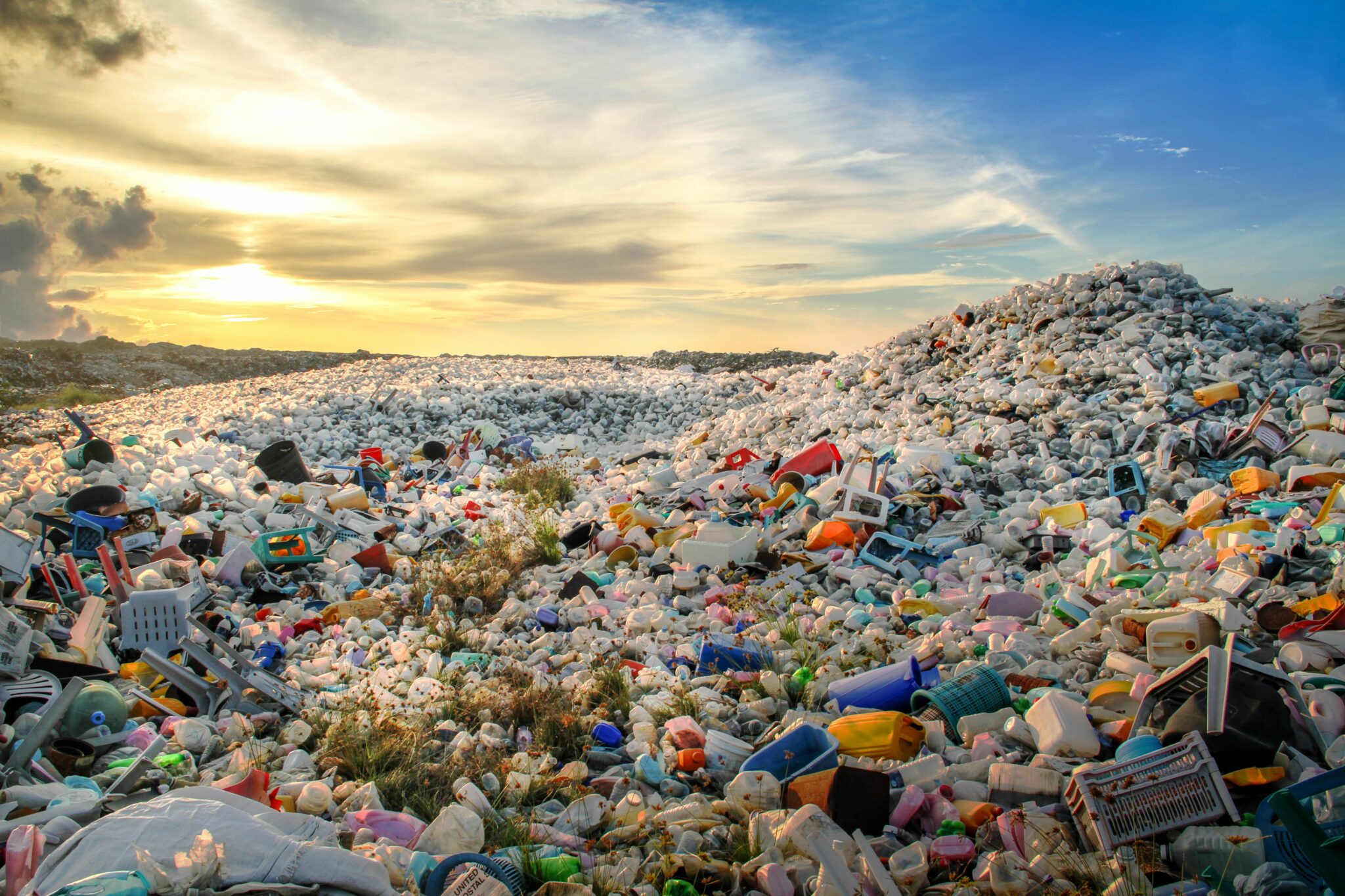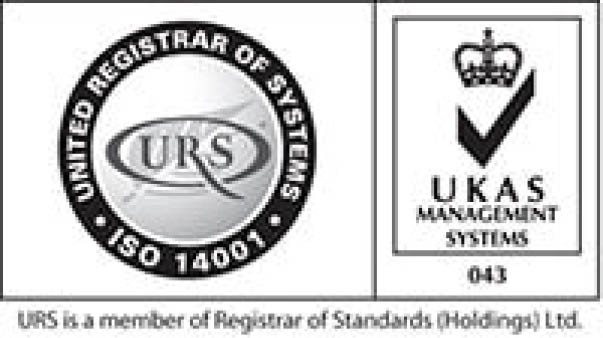The world is seemingly drowning in plastic waste.
A study in 2020 reported that the amount of plastic alone that man has created is greater in mass than all land animals and marine creatures combined.
Because plastics are cheap and strong, manufacturers choose to use it over other materials. However, the chemical structure of most plastics means they are slow to break down: as a result, large volumes of plastic enter the environment as mismanaged waste and lives on for many years in the ecosystem.
Shockingly, some researchers have suggested that by the year 2050 there could be more plastic than fish in the oceans by weight.
Greenpeace says up to 12 million tonnes of plastic ends up in the ocean every year, which is the equivalent of a rubbish truck every single minute.
Living organisms, particularly sea life, can be seriously harmed by plastic pollution: it injures and traps turtles, dolphins and whales, and confuses birds and other creatures into thinking it’s food. Because of this, ocean plastic easily enters the food chain and is consumed by people when they eat fish or shellfish.
From the 1950s up to 2018, an estimated 6.3 billion tonnes of plastic had been produced worldwide, of which an estimated 9% was recycled and another 12% has been incinerated.
One of the biggest problems with oceanic plastic waste is that it can be next to impossible to tell where it comes from. It’s carried to the ocean in rivers and is practically untraceable.
Circular Economy
We all want to be part of the solution to the world’s growing plastic problem. One of the best ways to do this is to embrace the ‘circular economy’.
The circular economy is defined as, “a model of production and consumption that involves sharing, leasing, reusing, repairing, refurbishing and recycling existing materials and products as long as possible.” The aim is to reduce waste to a minimum and encourage a more sustainable model for consumerism.
Recycling Plastic Waste
At Wellington Waste, we’ve recently implemented a plastic recycling scheme, and have cut the amount of plastic sent to landfill by almost a third on the last 12 months; we plan to reduce this by the same amount or more over the next 12 months. Our company values include actively promoting reuse and recycling over landfill.
While it’s important to recycle plastics, it would be better to reduce the amount we buy altogether. Some ways you can reduce your plastic usage is to: use reusable water bottles, avoid clingfilm, choose loose produce at the supermarket, use reusable bags and refuse plastic straws in restaurants.
If we all work together, we can cut the amount of plastic we use, and help save our planet from the scourge of plastic waste.
Contact us to see how we can help you with your plastic waste problems: By telephone: 01823 664628, or email enquiries@wellingtonwaste.co.uk

